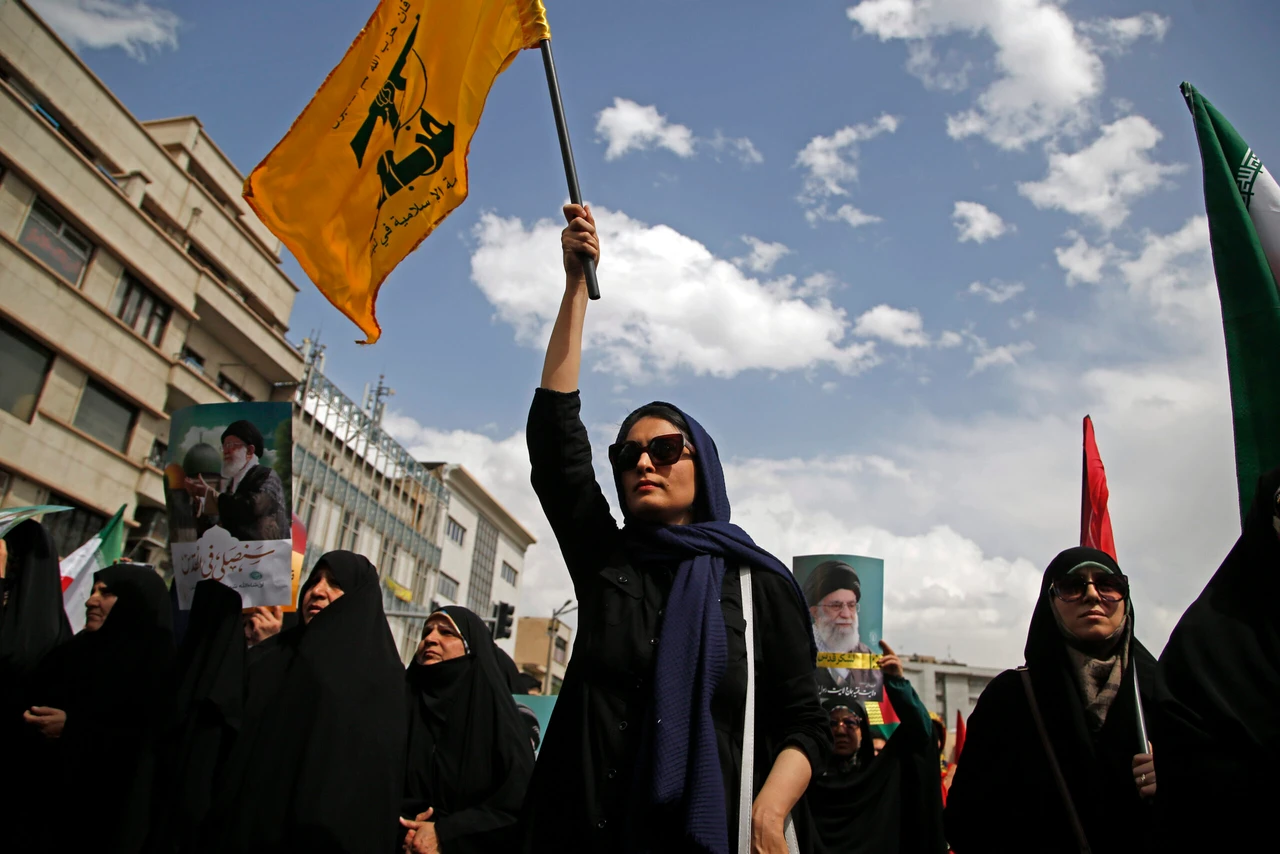Former Lebanon central bank governor Riad Salameh detained in corruption probe
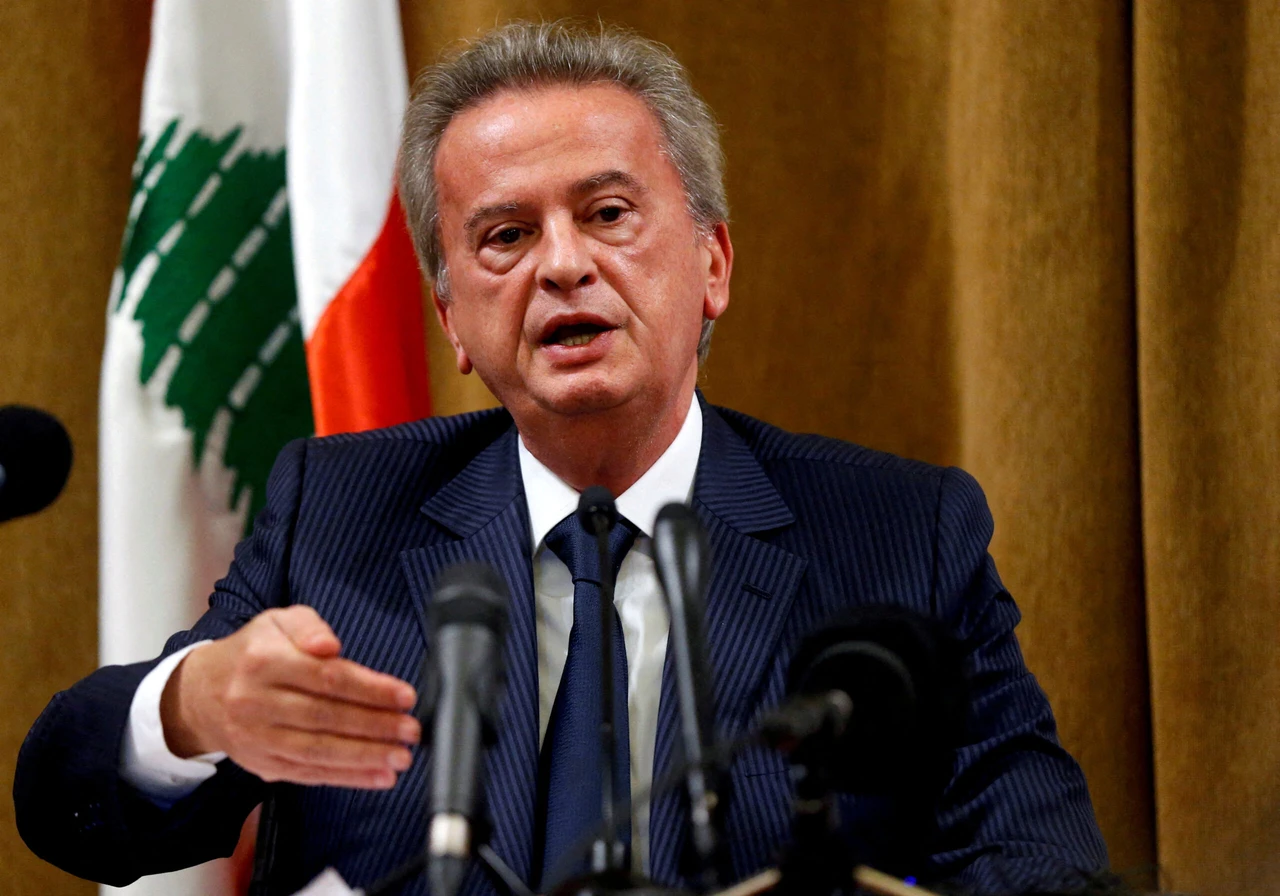 Lebanon's former Central Bank Governor Riad Salameh speaks during a news conference at Central Bank in Beirut, Lebanon, November 11, 2019. (Photo via Reuters by Mohamed Azakir)
Lebanon's former Central Bank Governor Riad Salameh speaks during a news conference at Central Bank in Beirut, Lebanon, November 11, 2019. (Photo via Reuters by Mohamed Azakir)
Lebanon’s former central bank governor, Riad Salameh, was detained on Tuesday following hours of questioning by Lebanese authorities in multiple corruption cases, according to judicial officials.
Salameh, who served as the central bank’s governor for 30 years starting in 1993, is facing several investigations both in Lebanon and Europe regarding alleged financial misconduct.
Salameh detained after 30-year tenure
Salameh, once praised for his role in Lebanon’s post-civil war economic recovery, resigned last year as Lebanon’s financial crisis deepened.
His tenure ended under scrutiny, with many blaming his policies for the country’s economic collapse since late 2019.
On Tuesday, he was detained by Lebanon’s Internal Security Forces after questioning by Judge Jamal Hajjar, the top public prosecutor. Salameh’s detention marks his first time being jailed, and he is expected to remain in custody during further investigations.
Financial institution Optimum Invest released a statement regarding the incident on their website.
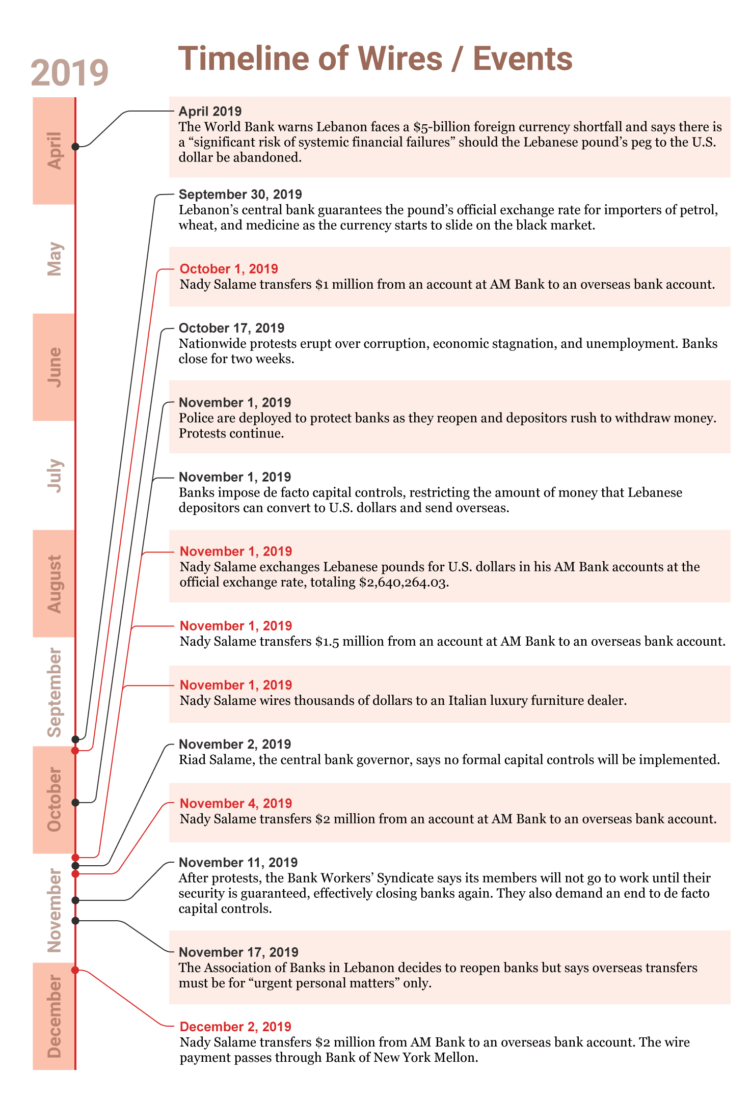
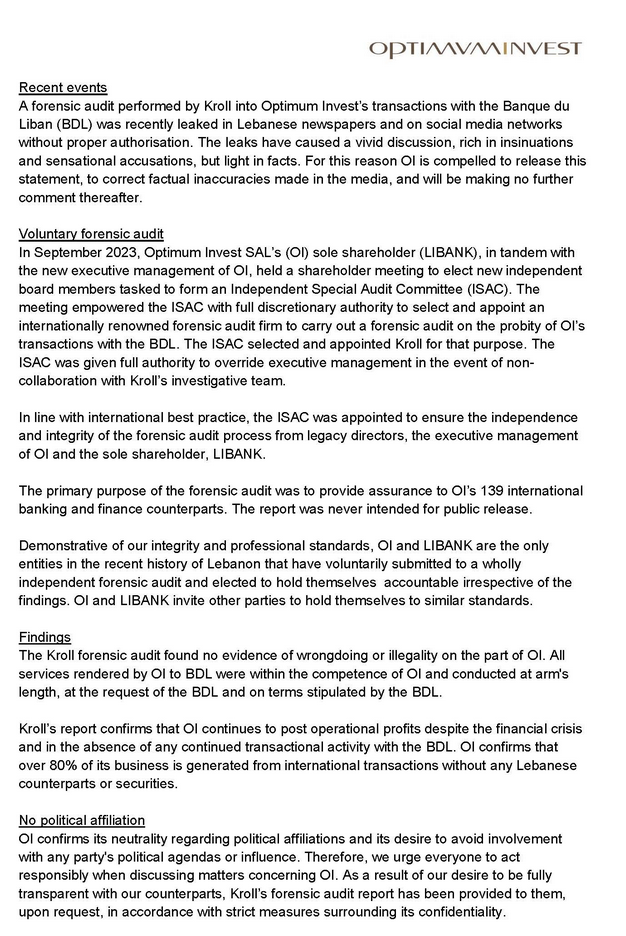
Interrogation on financial mismanagement allegations
Salameh was questioned for over three hours about several financial matters, including allegations that he hired a company named Optimum to manipulate financial statements and conceal Lebanon’s financial losses.
According to his lawyer Hafez Zakhour, Salameh had expected to appear as a witness, not as a suspect. “My client was supposed to be a witness,” Zakhour said. “I don’t know why he was detained.”
Corruption charges and international probes
Salameh faces several allegations, including corruption, embezzlement and illicit enrichment, all of which he has consistently denied. He claims that his wealth is derived from inherited properties, investments, and his previous work as an investment banker at Merrill Lynch.
Several European countries, including France, Germany, and Luxembourg, are investigating Salameh and his associates over the alleged laundering of $330 million.
France has issued an international arrest warrant for Salameh, though Lebanon does not extradite its citizens.
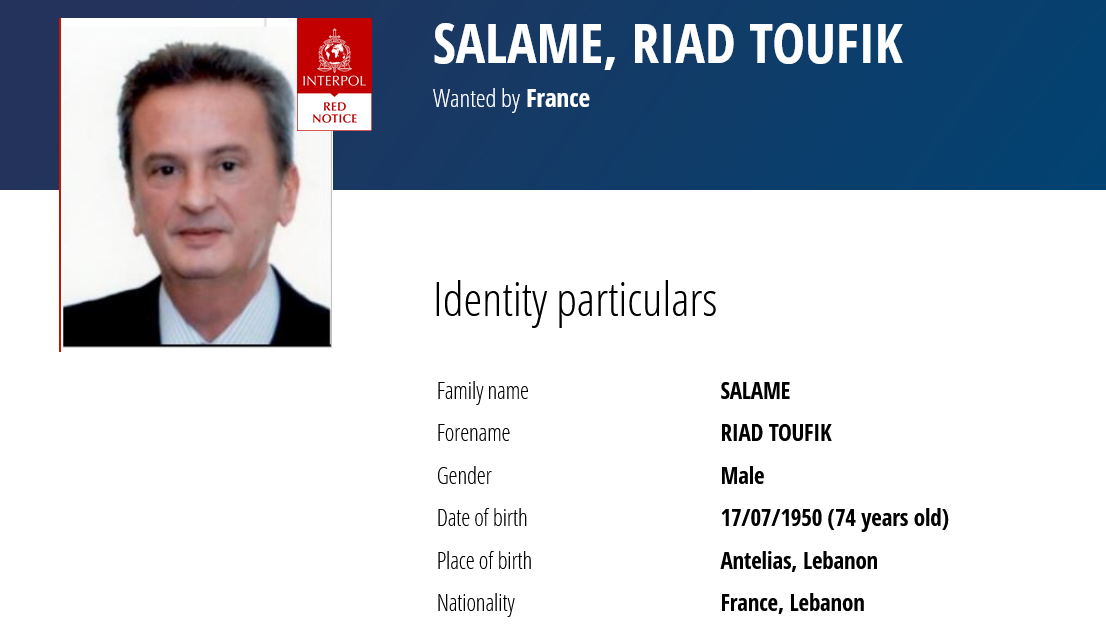
Lebanese financial crisis worsens under Salameh’s watch
Salameh has been one of the most criticized figures for Lebanon’s economic collapse, which has led to the Lebanese pound losing 90% of its value against the U.S. dollar and triple-digit inflation.
Many Lebanese citizens accuse him of living lavishly while the country’s financial system deteriorated.
An extravagant wedding hosted by Salameh in France for his son drew particular public outrage, as citizens saw their savings evaporate and the middle class plunged into poverty.

Sanctions and international arrest warrants
The U.S., U.K., and Canada have frozen Salameh’s assets and imposed sanctions on him and his close associates.
The sanctions allege that Salameh abused his position to funnel millions into high-end European real estate through a network of shell companies.
Salameh has repeatedly criticized these investigations, claiming that they are part of a media and political campaign to make him a scapegoat for Lebanon’s financial downfall.
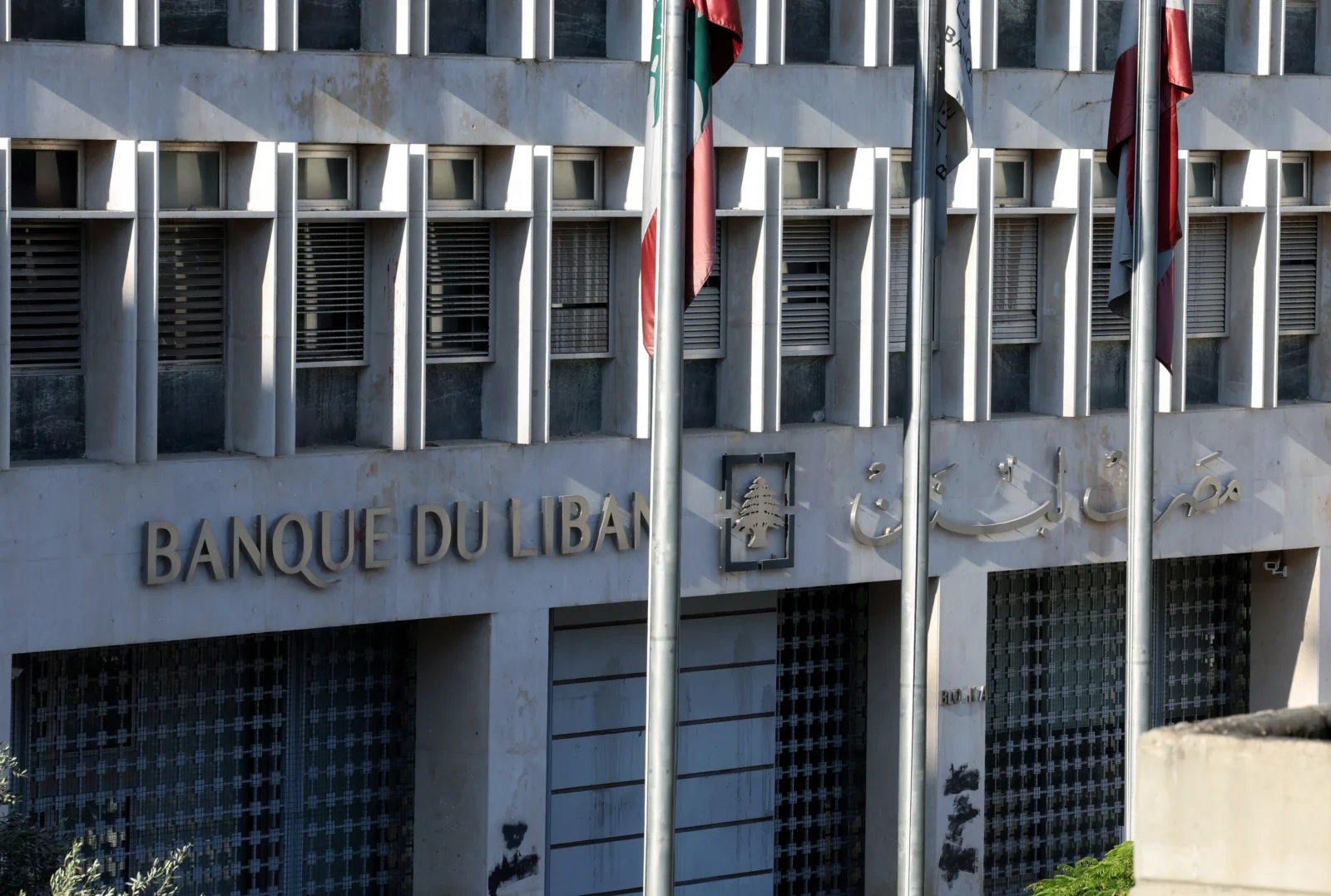
Future investigations and pending charges
Lebanese judge Jamal Hajjar is expected to file formal charges against Salameh in the coming days. His case will then be transferred to an investigative judge, where the possibility of further charges could emerge.
Lebanese authorities have not yet appointed a new central bank governor, with Wassim Mansouri, a vice governor, acting as the interim head.
Meanwhile, Lebanon remains without a president and is being governed by a caretaker Cabinet with limited authority.
